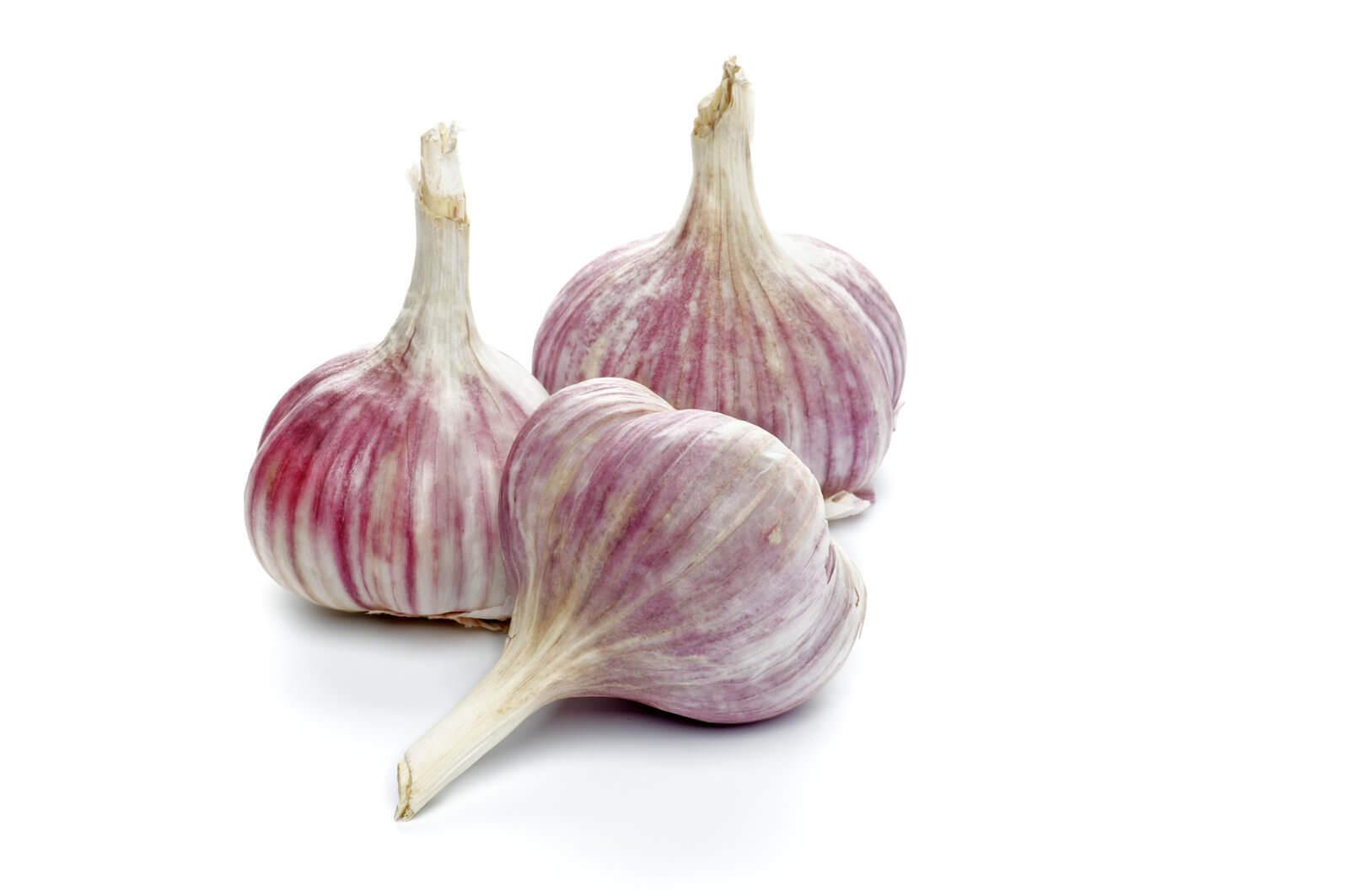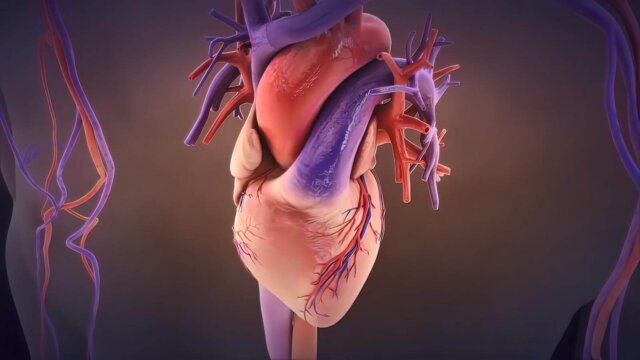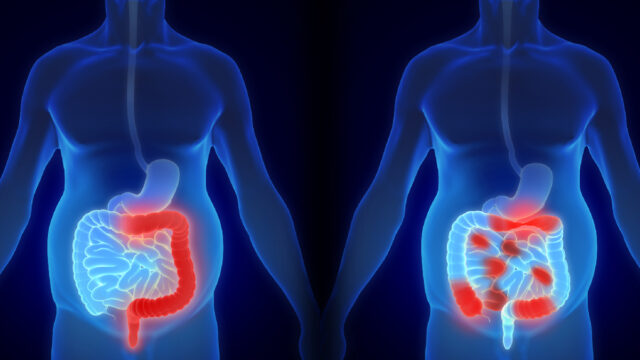FTC disclaimer: This post may contains affiliate links and we will be compensated if you click on a link and make a purchase.
Garlic has been used since ancient times to treat various ailments, including respiratory problems such as colds, flu, bronchitis, pneumonia, and asthma attacks.
Asthma is a disease characterized by inflammation of the airways, which causes shortness of breath, coughing, wheezing, chest tightness, and other symptoms.
Garlic is known to help reduce inflammation and relieve some of the symptoms associated with asthma.
If you suffer from asthma, you know that an attack can suddenly become debilitating. You may have to rely on your rescue inhaler more often than you’d like, and sometimes it doesn’t seem to help as much as you need it to.
You may want to consider garlic if you’re looking for natural ways to help ease your asthma symptoms. Yes, that ubiquitous kitchen staple that makes just about everything taste better may also help you breathe easier.
Garlic has been used for centuries as a natural remedy for various ailments and is thought to be particularly helpful for asthma sufferers.
How Does Garlic Help Asthma?

Garlic is a member of the allium family of plants, including onions, shallots, and leeks. Allium vegetables contain a sulfur-containing compound called allicin.
When garlic is chopped or crushed, an enzyme called alliinase is released and converts allicin into other compounds, including diallyl sulfides and Vinyldithiins.
These compounds are thought to be responsible for garlic’s health benefits, including its ability to help reduce inflammation. And since asthma is an inflammatory disease, it makes sense that garlic could help lessen asthma symptoms.
There is some evidence to support this. A small study published in Phytotherapy Research in 2012 found that people with asthma who took a garlic supplement for 12 weeks significantly decreased their asthma symptoms compared to those who didn’t take the supplement.
Another study, published in Thorax in 2002, looked at the effect of garlic on airway inflammation in people with asthma. The study found that those who took a garlic supplement had less airway inflammation than those who didn’t.
It’s important to note that these studies involved garlic supplements, not fresh garlic. It’s not clear if fresh garlic would have the same effect.
How to Use Garlic for Asthma
If you want to try using garlic to help ease your asthma symptoms, there are a few different ways you can do so.
One way is to eat garlic in your food. This is probably the easiest way to get garlic into your diet.
Add garlic to soups, stews, pasta dishes, and just about anything else. You can also take garlic supplements. Garlic supplements are available in capsules, tablets, and oils.
Read more: 11 Supplements and Vitamins that may help Asthma Symptoms
If you decide to take garlic supplements, be sure to talk to your doctor first. Garlic can interact with some medications, so it’s important to make sure it’s safe for you to take.
You can also make a garlic syrup that can be taken with a spoonful or added to water or tea. To make the syrup, finely chop or press two cloves of garlic and add them to a half cup of water.
Bring the water to a boil, remove it from the heat and let it cool. Once it’s cooled, add honey to taste. Store the syrup in a glass jar in the refrigerator for up to two weeks.
To use the syrup, take one tablespoon by mouth up to three times a day.
Is Garlic Safe?
Garlic is generally considered safe for most people. However, there are a few side effects that you should be aware of.
For one, garlic can cause bad breath. If you’re worried about this, you can try chewing on a sprig of parsley after eating garlic.
You can also try taking a garlic supplement that’s enteric coated, which means it won’t release allicin until it reaches your intestines. This can help reduce the risk of bad breath.
Garlic can also cause heartburn and indigestion in some people. If you have a sensitive stomach, you may want to avoid garlic or take it in smaller amounts.
If you’re allergic to garlic, you should avoid it. Signs of a garlic allergy include hives, wheezing, and difficulty breathing. If you have these symptoms, stop taking garlic and see your doctor.
Finally, garlic can thin your blood. You should avoid garlic if you’re taking blood thinners or are scheduled for surgery.
The Bottom Line
Garlic may be worth a try if you’re looking for a natural way to ease your asthma symptoms. There is some evidence to support its use, and it’s generally considered safe for most people.
Just be sure to talk to your doctor before taking garlic supplements, and don’t take it if you’re allergic to it or are scheduled for surgery.








